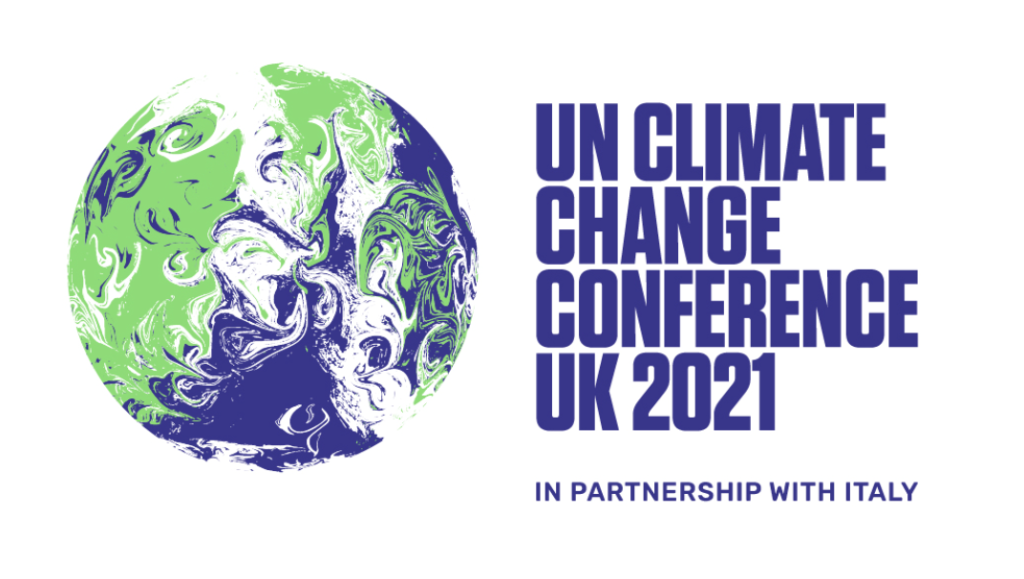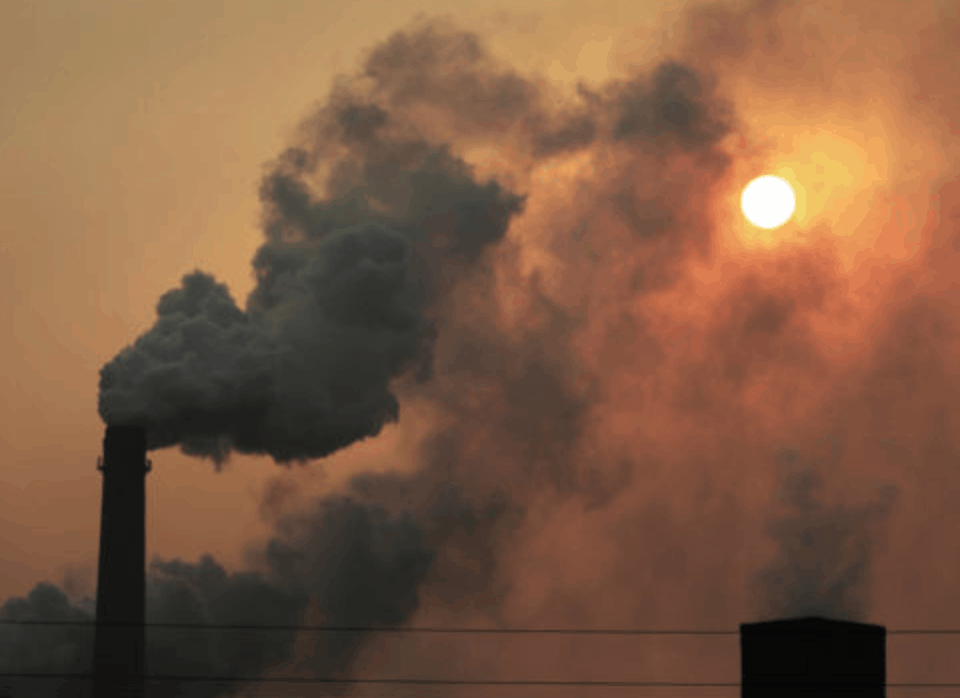At least 23 countries have made new commitments to phase out the use of coal as a power source. This figure also includes five of the worlds top 20 coal using nations. Major banks around the globe have committed to essentially end all international public financing of new unabated coal power by the end of this year.

Coal is being consigned to history at COP26!
The phasing out of coal has been seen as one of the critical issues that needed to be addressed at COP26. The nations which have made new commitments to phase out coal include Vietnam, Poland, South Korea, Egypt, Spain, Nepal, Singapore, Chile and Ukraine. Countries have not just committed to move away from coal, but to also focus on scaling up clean power too.
A group of 25 countries including COP26 partners Italy, Canada, the United States and Denmark together with public finance institutions have signed a UK-led joint statement committing to ending international public support for the unabated fossil fuel energy sector and in place of this prioritising the clean energy transition. This move will move an estimated $18 billion a year in public support of fossil fuels.

There has been a 76% drop in the number of new coal power stations around the world being built since the Paris Agreement was formed in 2015
Major emerging economies such as India, Indonesia, the Philippines and South Africa have announced partnerships with the Climate Investment Funds to speed up their transitions away from coal as a power source.
The Problem With Coal….
It’s a fossil fuel – so it’s not renewable. Coal is made up of dead plants and debris trapped under layers of earth and over millions of years these turn into what we know as coal. Fossil fuels are made up of mostly carbon and hydrogen.
When burnt the carbon is converted to carbon dioxide and the hydrogen to water. While it’s not an issue with hydrogen converting to water, carbon dioxide is the area of concern here. It’s a greenhouse gas, which gets trapped in our atmosphere. Carbon dioxide absorbs and re-emits infrared radiation and so essentially makes the planet warmer. As we know a warmer planet is causing a host of problems from flooding, to forest fires and much more.